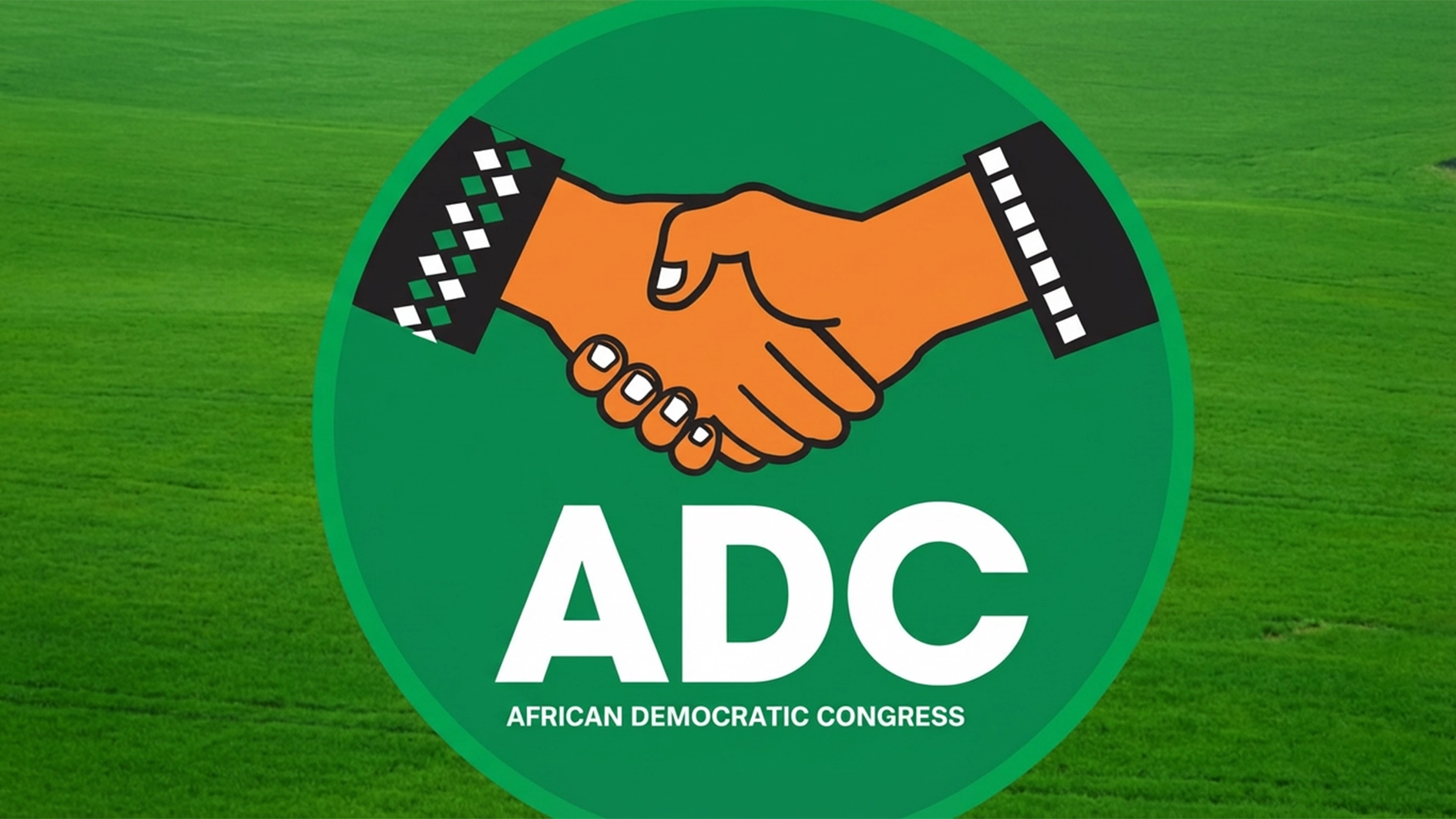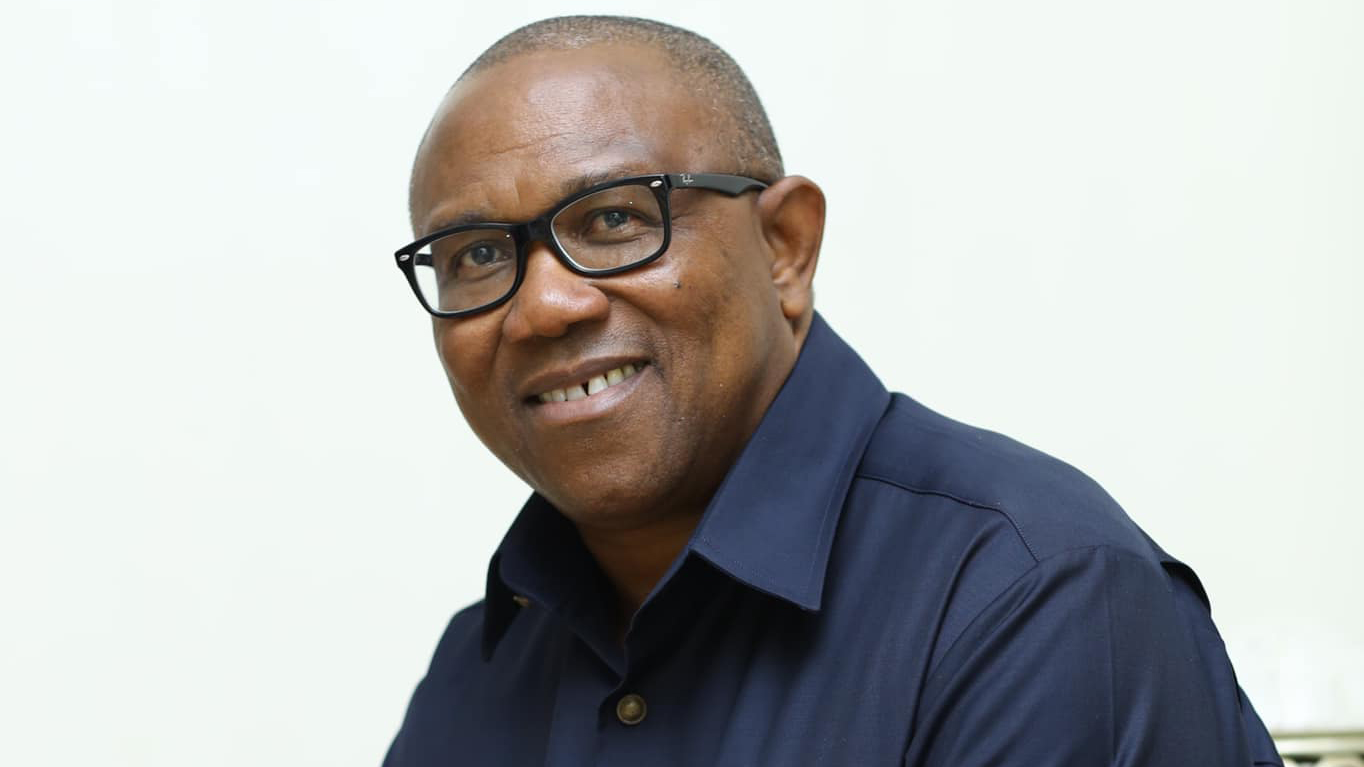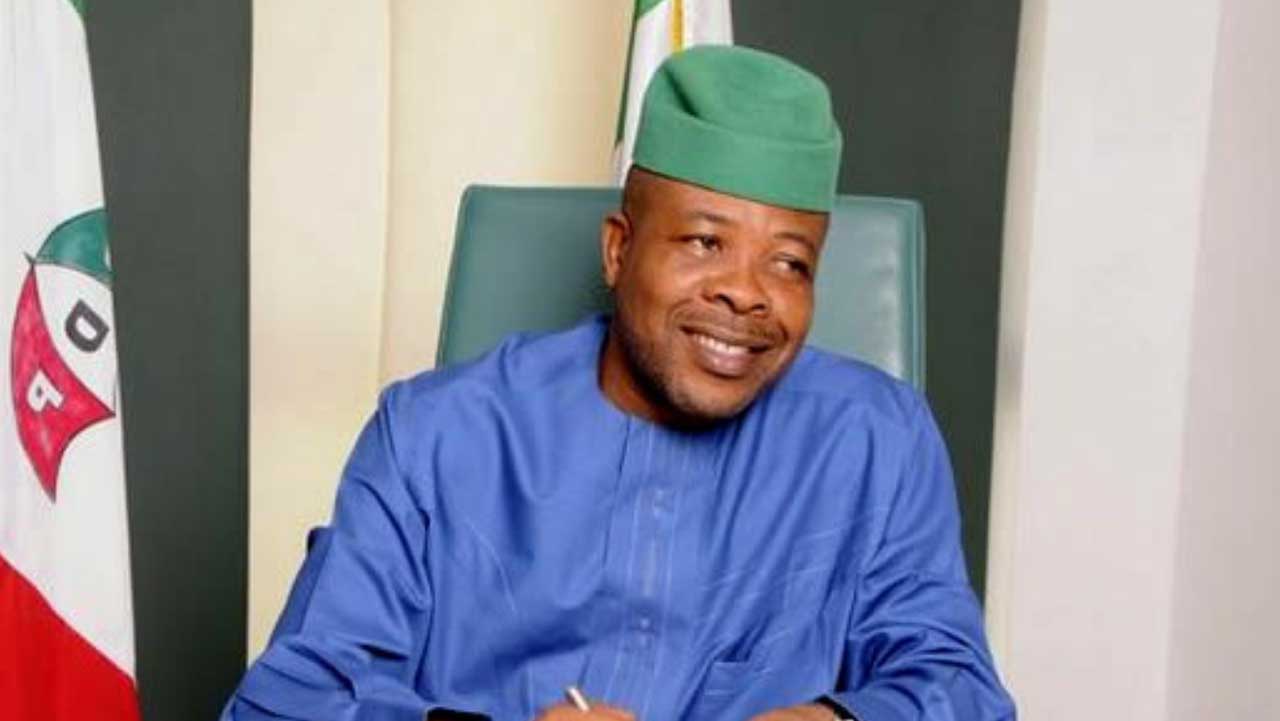The news has been full of headline grabbing FG projects that will cost taxpayers tens of billions of dollars, from the $11bn Eko Atlantic to Calabar Highway, the $4bn Lagos to Abuja Super-Highway, the $60bn Lagos to Abuja High Speed Railway, the modernisation of the Terminal One at Lagos Airport, the new $100m presidential jet, etc. These are projects that are of huge benefit for wealthy Nigerians, but do very little for the over 220m poor Nigerians, or 95% of the Nigerians, that are struggling to access good quality healthcare. Knowing as we do that education and healthcare are the best investments to achieve prosperity the Big Tent Shadow team has proposed a shift in government priorities.
According to the WHO, Nigeria’s average life expectancy at birth is presently 62.2yrs, which Is 11.5yrs below the global average of 73.7yrs. Many other life expectancy estimates for Nigeria are much lower at around 56years.
Whilst our maternal mortality rate of 993 women dying per 100,000 live births, and our under-five mortality rate of 117 per 1000 live births, or that 1 in 8 children will die before their fifth birthday, are both the second worst rate in the world. These are horrendous statistics and make it plainly obvious that we face a crisis!
If health is a key pointer to inequality, as Nobel Prize winning economist Angus Deaton shows in The Great Escape- Health Wealth and the origins of Inequality, it should be obvious that if we desire progress much new attention needs to be paid to the deficits in our health care system.
What we’re asking the FG to do is to forsake these flashy projects, and instead dedicate the resources and hard work required to revamp our primary healthcare system, so that we can either eliminate or significantly reduce eight of the deadliest causes of death that have a huge adverse impact on the day to day lives of over 220m poor Nigerians, and over the next ten years increase our average life expectancy by 16yrs to over 78yrs
In revamping the primary healthcare system, the eight deadly causes of death that we’re asking the FG dedicate itself to eliminating are:
1) Neonatal Disorders: Offer free antenatal and postnatal care, free vaccinations for all children, and free family planning with financial incentives for the mothers to ensure that they make full use of the healthcare system, and breastfeed their children.
2) Malaria: Work with experts, our universities, and a paid part-time army of @ 200,000 undergraduates to ELIMINATE mosquitoes, and offer free medical care for malaria. The roll back malaria programme flagged off by President Obasanjo does not seem to have been sustained with unflattering statistics of Nigeria being responsible for 27% of the global malaria burden and 31% of deaths from Malaria.
3) Lower Respiratory Infections: Offer free medical care for ALL lower respiratory diseases including pneumonia and tuberculosis.
4) Diarrhoeal Diseases: Offer free medical care for ALL diarrhoeal diseases including cholera and typhoid.
5) HIV/AIDS: Offer free testing and lifetime Anti-Retroviral Therapy care. Make mandatory free and confidential HIV testing for all: school leavers, tertiary education students, pregnant mothers, passport & driving licence renewals, and marriage certificates.
6) Hypertension: Offer free: BP tests, high BP medication, & medical care for stroke victims.
7) Sickle Cell: Offer free: Genotype testing & medical care for sickle cell. Make it mandatory to list your genotype on your birth certificate, driving licence, and passport.
8) Road Traffic Accidents: Mandate the motor insurance sector to provide free emergency trauma care for all life-threatening injuries from: road traffic accidents (90% of trauma cases), gunshot/knife wounds, & burns.
Fully equip 1 hospital per LGA to offer such care.
The accelerating pace of death from non-communicable diseases like Cancer also suggests the need for PPP at the apex level. Egypt, South Africa and Kenya are ahead of us in the provision of facilities for diagnostics and treatment. The recent unveiling of a regional Centre of excellence hospital in Abuja by Afrexim Bank is much help in that direction.
We have already created an initiative in which EMS systems quilted our emergency medical needs is being designed by Diaspora EMS surgeons in Atlanta to be tested in select state capitals. That initiative is from the new tribe health care cohort which is part of our network of committed citizen groups worldwide.
Primary Healthcare Centres (PHCs):
To deliver the above we’ll require the government to over the next 5 to 10 years resuscitate and adequately staff our 30,000 PHCs. We would equip each PHC with a minimum of the following:
i.10 to 15 patient beds, with staff dorm accommodation for staff not living close by
ii. 24/7 power, potable water, fridges, ACs, CCTV, perimeter fencing, and security guards
iii. WiFi, ID verification tools, EHR facilities, AI diagnosis tools, and telemed facilities
iv. Basic medical eqpt including: stethoscopes, BP monitor, thermometers, oximeters, weighing scales, gloves, sanitiser, defibrillators, oxygen, and first aid/wound care kits
v. Ante/Post-natal clinic eqpt including: Ultrasound machines, urine test kits, fetal & infant stethoscopes, patient monitors, delivery kits, forceps, ambu-bags, cots and incubators
vi. Mini-labs to undertake testing of the most common diseases
Workforce Training, Expansion & Empowerment:
Train 60,000 nurses/midwives, 60,000 auxiliary nurses, 30 lab technicians, & 30,000 community health workers, in maternal & child health, and infectious disease management. Offer scholarships and stipends to 5,000 medical students agreeing to serve in rural areas for at least five years post-graduation. Engage doctors in the diaspora to conduct virtual training workshops & telemedicine support.
Increase medical school and nursing program capacities by 50%, graduating 5,000 additional doctors and 12,000 nurses annually. Introduce retention incentives, such as housing and performance bonuses, for 200,000 healthcare workers in rural areas. Establish a diaspora mentorship program, connecting 5,000 Nigerian doctors abroad with local medical students and practitioners to enhance skills in diagnostics and treatment protocols.
To empower our existing workforce, and cover the huge shortage we have in medical professionals, we’ll need to train our existing staff to make use of AI tools and telemedicine.
Digital Health Integration:
Deploy electronic health records in all PHCs to streamline patient data & improve coordination. Develop a national health dashboard to monitor KPIs such as infant mortality, vaccination rates & malaria cases in real time across all LGAs & states
Community Engagement:
Launch nationwide health education campaigns via radio, social media, and community outreach, reaching 80% of households with messages on hygiene, nutrition, and disease prevention. Establish community health committees in all LGAs to foster local ownership and feedback on healthcare services.
Monitoring & Evaluation:
A robust M&E framework will track progress and ensure accountability. KPIs include reducing infant/maternal mortality and malaria cases by 90%. Quarterly progress reviews will be conducted using data from electronic health records and the national health data dashboard, implemented in 90% of facilities by year five. Annual reports will assess outcomes against targets, with findings shared publicly to promote transparency. Community feedback mechanisms, such as town hall meetings and digital surveys in all LGAs will capture patient experiences and inform policy adjustments.
Funding:
The easiest way to fund our primary healthcare system is for the FG to stop spending trillions on the flashy headline grabbing projects, and also over the next two years improve the fiscal and monetary management of our economy to reduce both inflation and interest rates by 80% to rates more in line with our immediate neighbours, and free up ₦11trn of the ₦15trn that is presently being spent on servicing the national debt to be spent on healthcare, education, poverty alleviation, security & infrastructure.
By the government simply reprioritising, each year we’ll save hundreds of thousands of lives.
To conclude, we of the Big Tent are convinced that if we do the needful with education and Healthcare, work down corruption in the system, rapidly boost power supply as Vietnam and Egypt have, with no hassles, and boost agriculture value chains derived from our factor endowments with bespoke Industrial policy, the Nigerian economy and the Nigerian people will be in a new boom and bloom.






